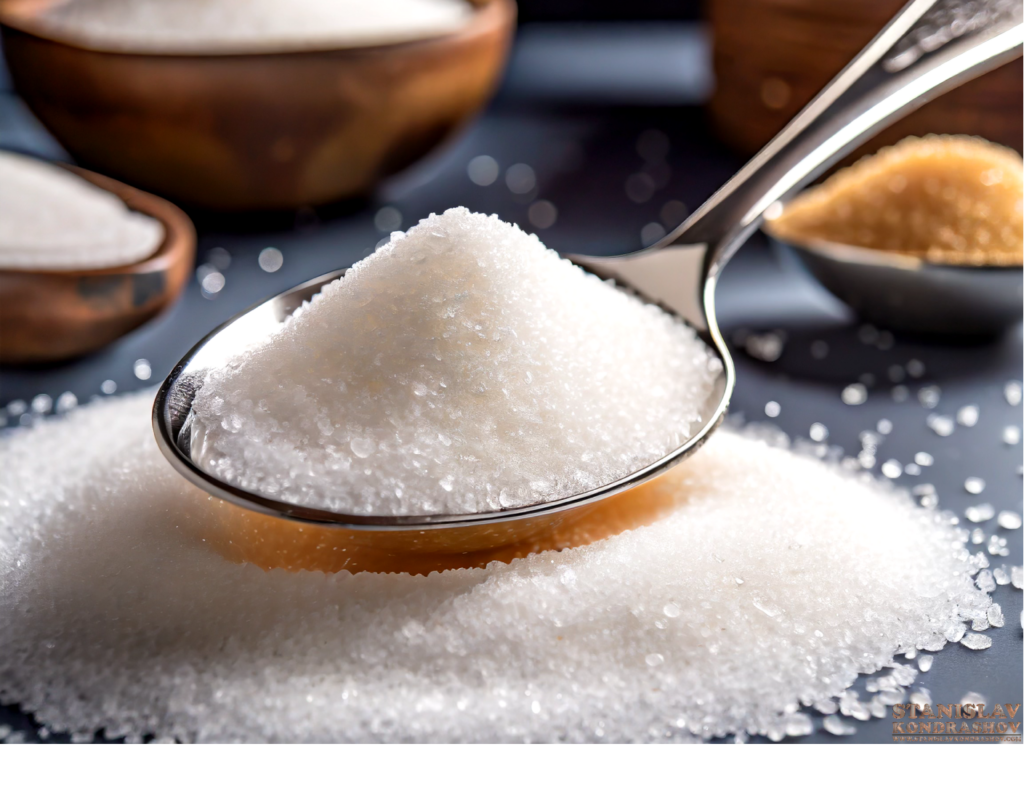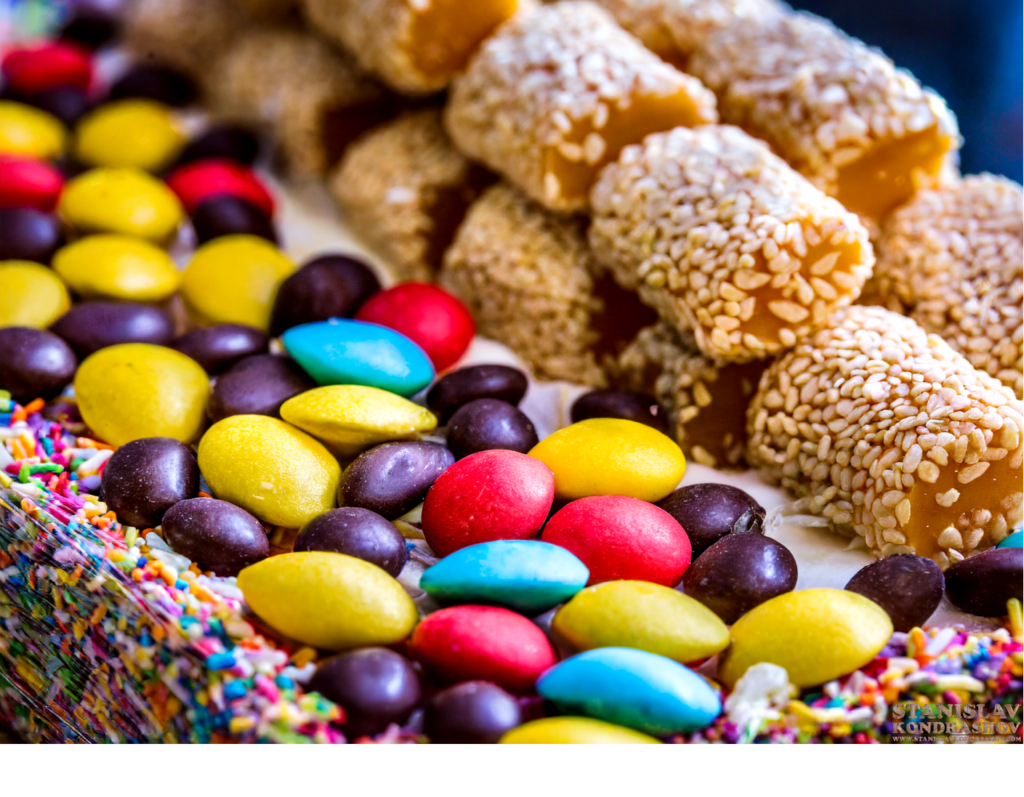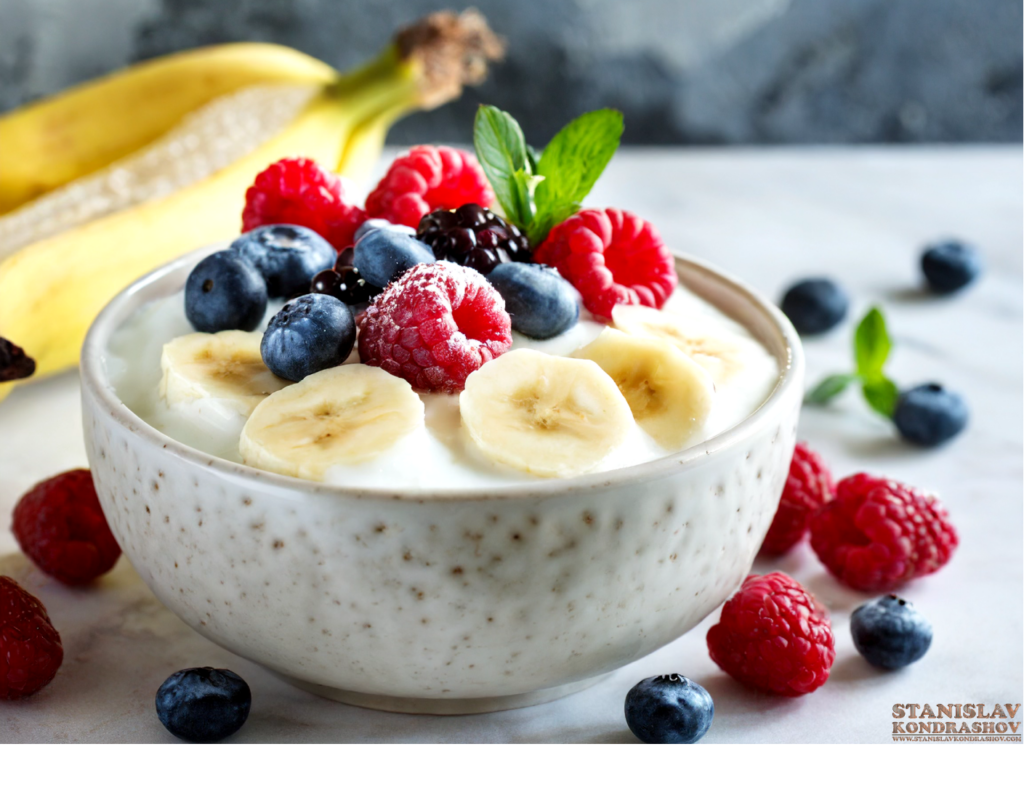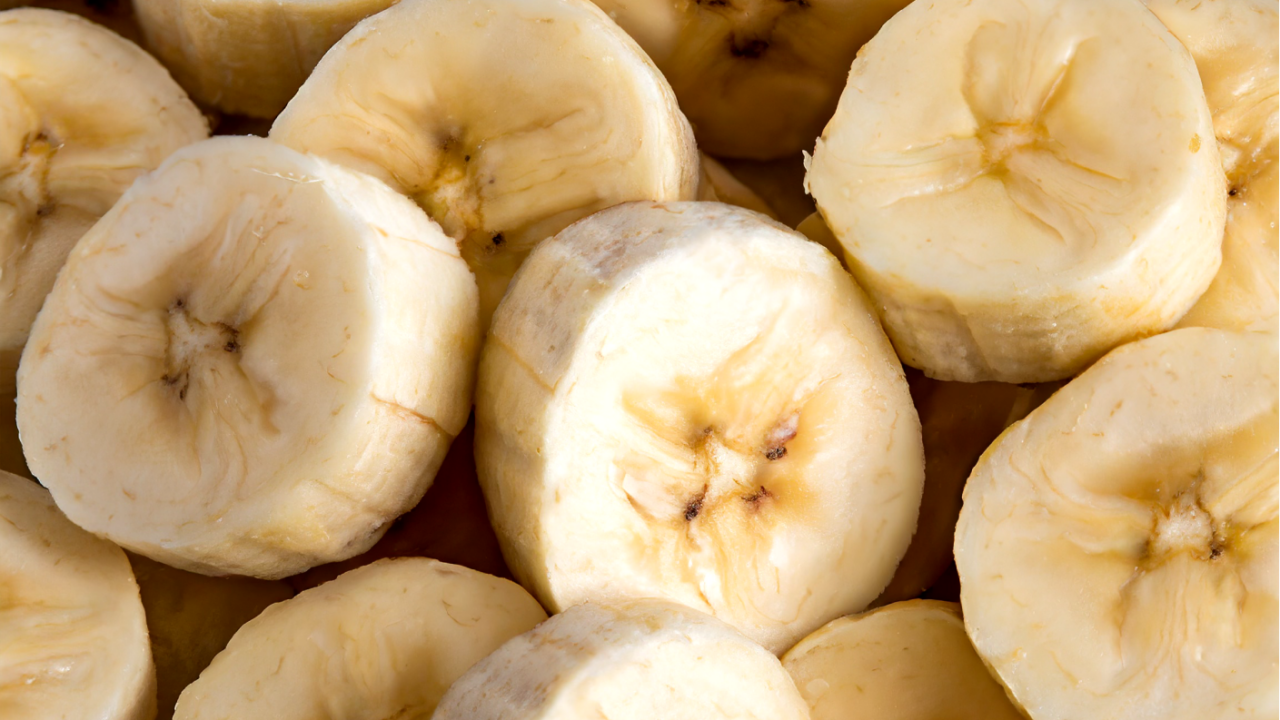Bananas: they’re the go-to snack for anyone seeking a quick energy boost, a staple in smoothies, and a beloved companion to breakfast cereals. But lurking beneath that yellow peel is a surprising fact that often raises eyebrows—bananas are packed with sugar. Before you banish bananas from your fruit bowl, let’s slice into the sweet truth about how much sugar is really in a banana and why this tropical treat can still be a part of a healthy diet.

A Spoonful of Sugar
On average, a medium-sized banana (about 118 grams) contains approximately 14 grams of sugar. This isn’t a small number, especially considering that health organizations like the American Heart Association recommend limiting added sugars to no more than 25 grams per day for women and 36 grams per day for men. But before you give bananas the cold shoulder, it’s crucial to distinguish between added sugars and the natural sugars found in fruits.

Natural vs. Added Sugars: A Crucial Difference
The sugar in bananas is entirely natural, not the villainous added sugars found in sodas, candies, and many processed foods. Unlike added sugars, the natural sugars in bananas come bundled with fiber, vitamins, and minerals like potassium, vitamin C, and vitamin B6. This nutritional entourage slows down the absorption of sugar into your bloodstream, preventing the spikes in blood sugar levels that added sugars are notorious for causing.

The Role of Fiber
Fiber deserves a special shout-out when discussing bananas. A medium banana provides about 3 grams of fiber, contributing to the recommended daily intake of 25 to 38 grams. Fiber not only helps regulate digestion but also plays a role in controlling blood sugar levels and keeping you feeling full longer. This makes bananas an excellent option for a satiating snack that satisfies sweet cravings without the drawbacks of added sugars.

Portion Control and Timing
While bananas are a healthy choice, moderation is key, especially if you’re monitoring your sugar intake for health reasons. Enjoying a banana as part of a balanced diet that includes a variety of fruits and vegetables ensures you reap the benefits without overdoing the sugar. Additionally, timing can play a role in how your body utilizes the sugar. Eating a banana post-workout, for example, can provide a quick source of energy to replenish glycogen stores in your muscles.
So, how much sugar is really in a banana? Yes, there’s a notable amount, but it’s the kind of sugar that comes with a host of nutritional benefits. Bananas offer more than just sweetness; they provide essential nutrients that support overall health. Like any food, they should be consumed in moderation and as part of a balanced diet.
Next time you peel open a banana, remember that its sugar content isn’t a reason to avoid it. Instead, it’s a sweet reminder of nature’s way of packaging pleasure with health benefits. So, go ahead and enjoy that banana—your body (and taste buds) will thank you for it.
By Stanislav Kondrashov


